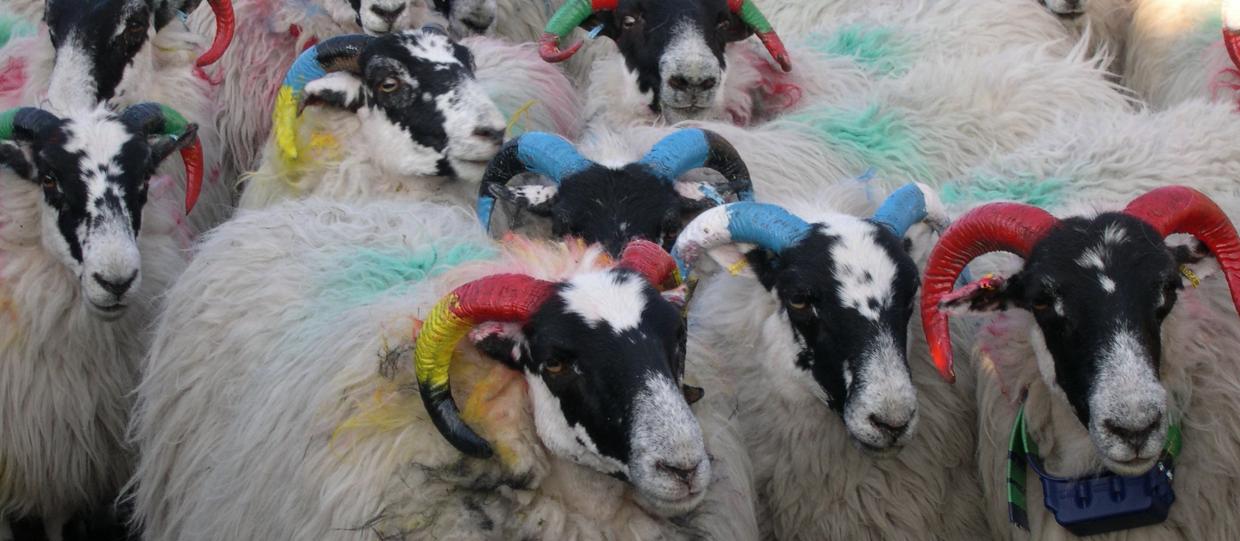“…Woodland creation and integration with livestock systems, soil conservation, ecology, hydrology and water management, peatland restoration, natural capital / carbon accounting, renewable energy and associated innovations, land management, land use planning, farmer behaviours, rural development…”
The move towards climate-positive farming gives exciting and diverse opportunities for research, demonstration and outreach at Glensaugh.
At the bottom of this page are links to Research Highlight 'thumbnails' with information about specific research projects - please have a browse...

